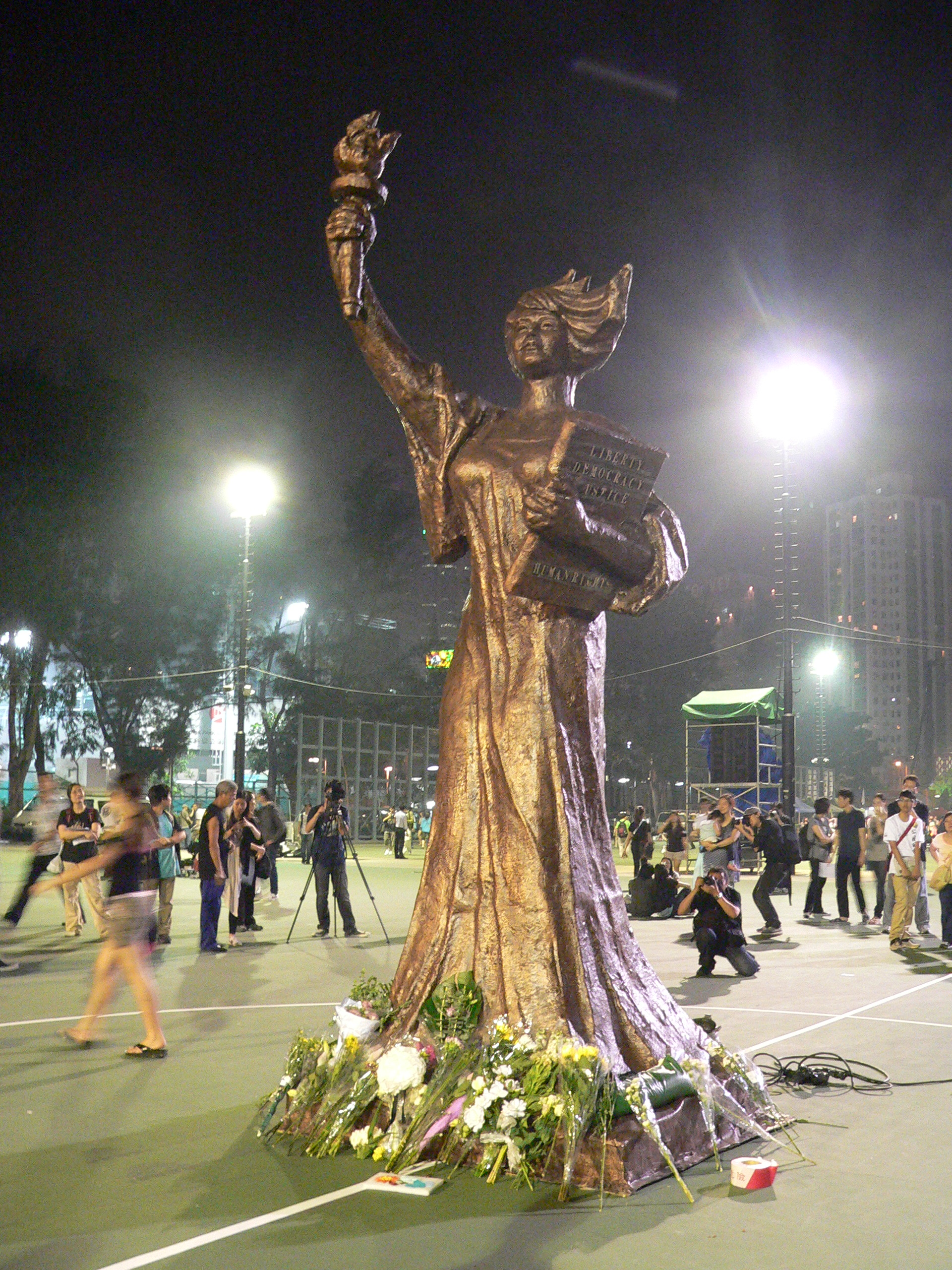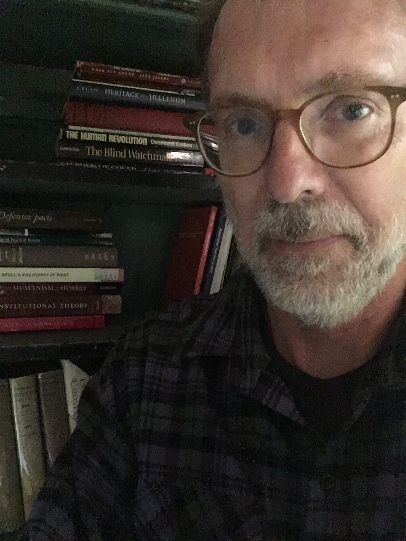HUMS 323, Truth and Sedition

Course Description:
The truth can set you free, but of course it can also get you into trouble. How do the constraints on the pursuit and expression of “truth” change with the nature of the censoring regime, from the family to the church to the modern nation-state? What causes regimes to protect perceived vulnerabilities in the systems of knowledge they privilege? What happens when conflict between regimes implicates modes of knowing? Are there types of truth that any regime would—or should—find dangerous? What are the possible motives and pathways for self-censorship? We begin with the revolt of the Hebrews against polytheistic Egypt and the Socratic questioning of democracy, and end with various contemporary cases of censorship within and between regimes. We consider these events and texts, and their reverberations and reversals in history, in relation to select analyses of the relations between truth and power, including Hobbes, Locke, Kant, Brecht, Leo Strauss, Foucault, Chomsky, Waldron, Zizek, and Xu Zhongrun.
Led By:
 |
Professor William Klein studied the history of political thought under Quentin Skinner at Cambridge, and J.G.A. Pocock at Johns Hopkins. After completing his Ph.D., he worked as a carpenter and a free-lance writer and editor for more than a decade. He comes to Yale from NYU, where he taught in the honors program and was chair of Law, Ethics and Religion in Global Liberal Studies. He has published studies on the history of constitutional and political thought from Thucydides to Hobbes, and he recently edited a collection of dialogues held at NYU’s Villa La Pietra, entitled Democracy and Dissent. He is currently completing a study on the history of ideas and imaginings surrounding civil strife. |